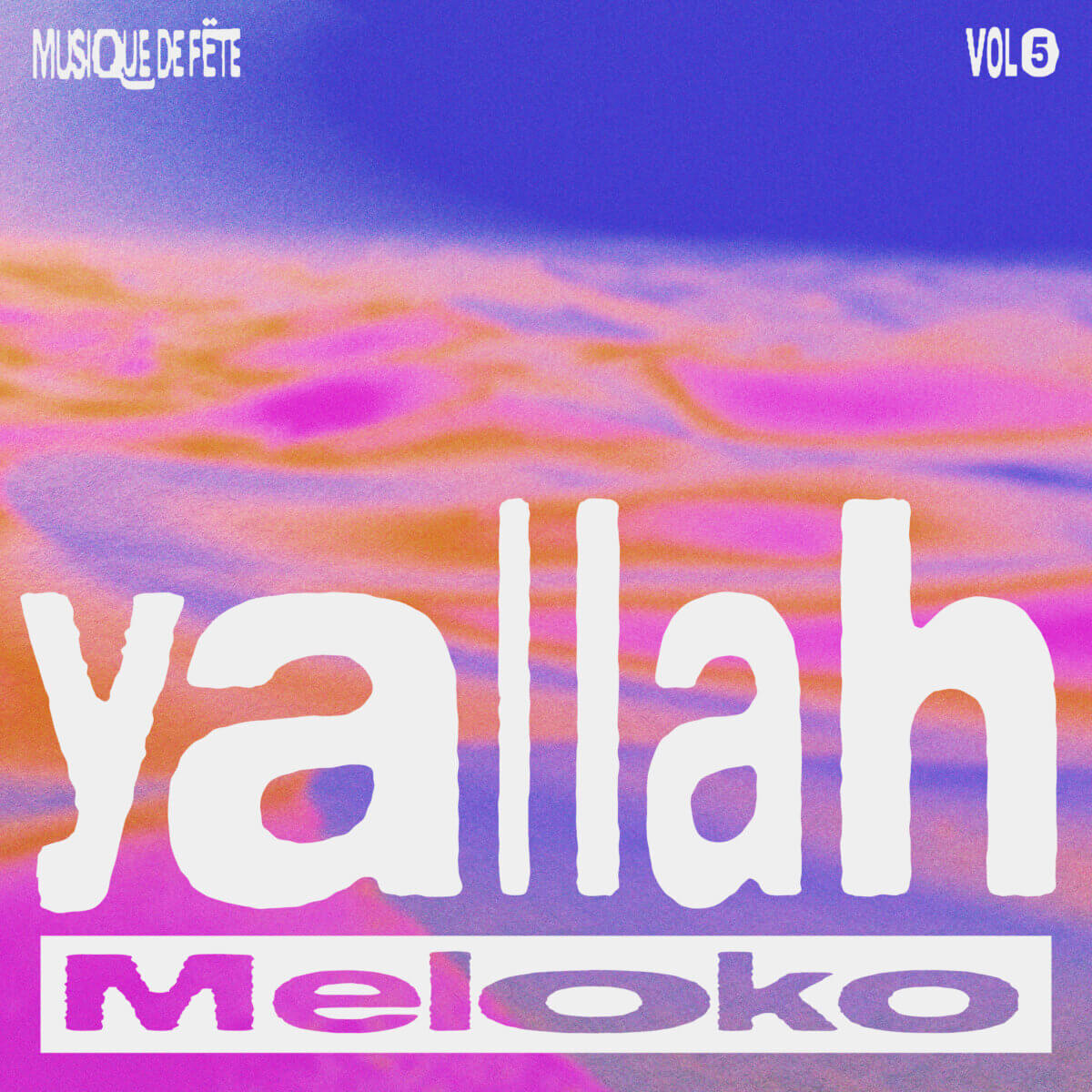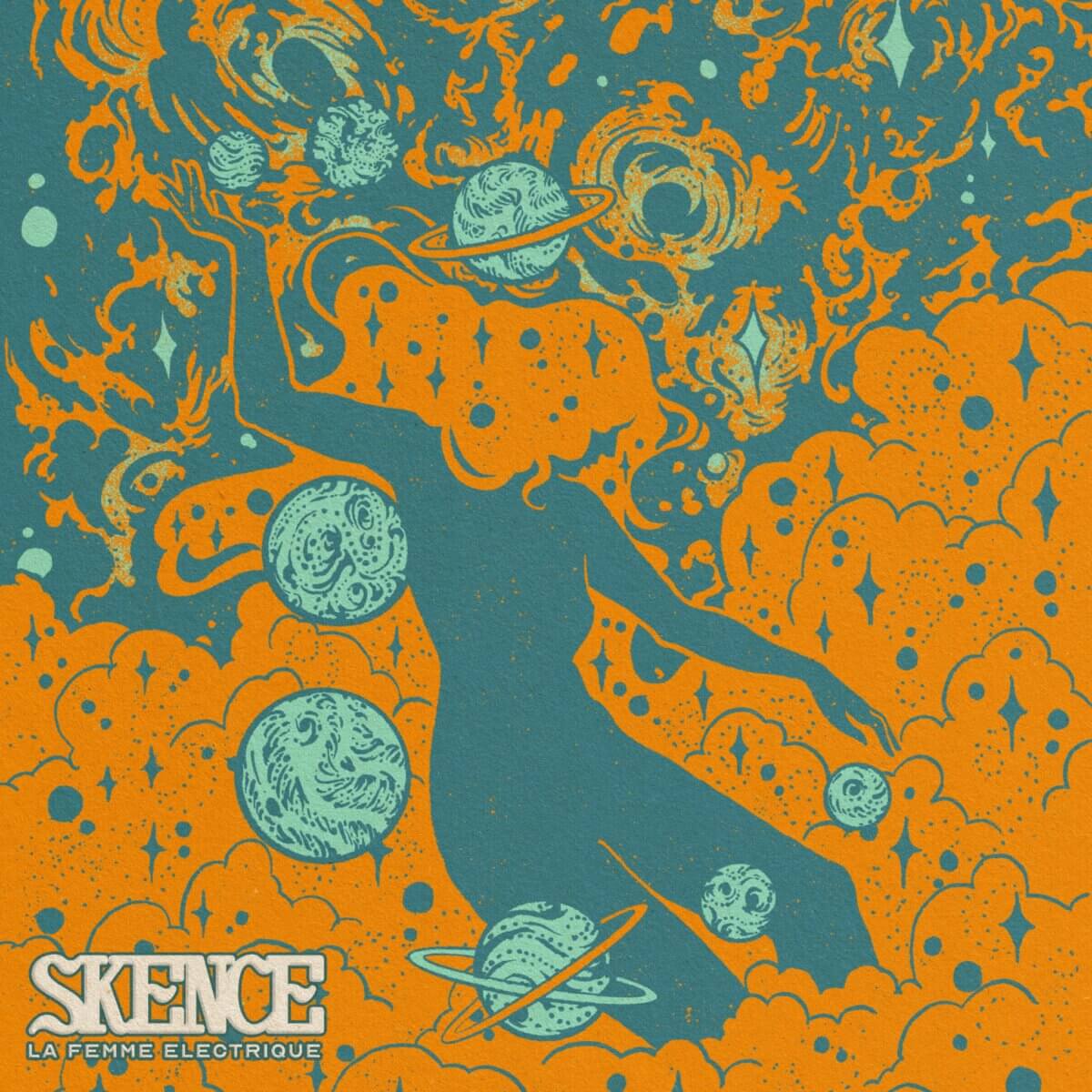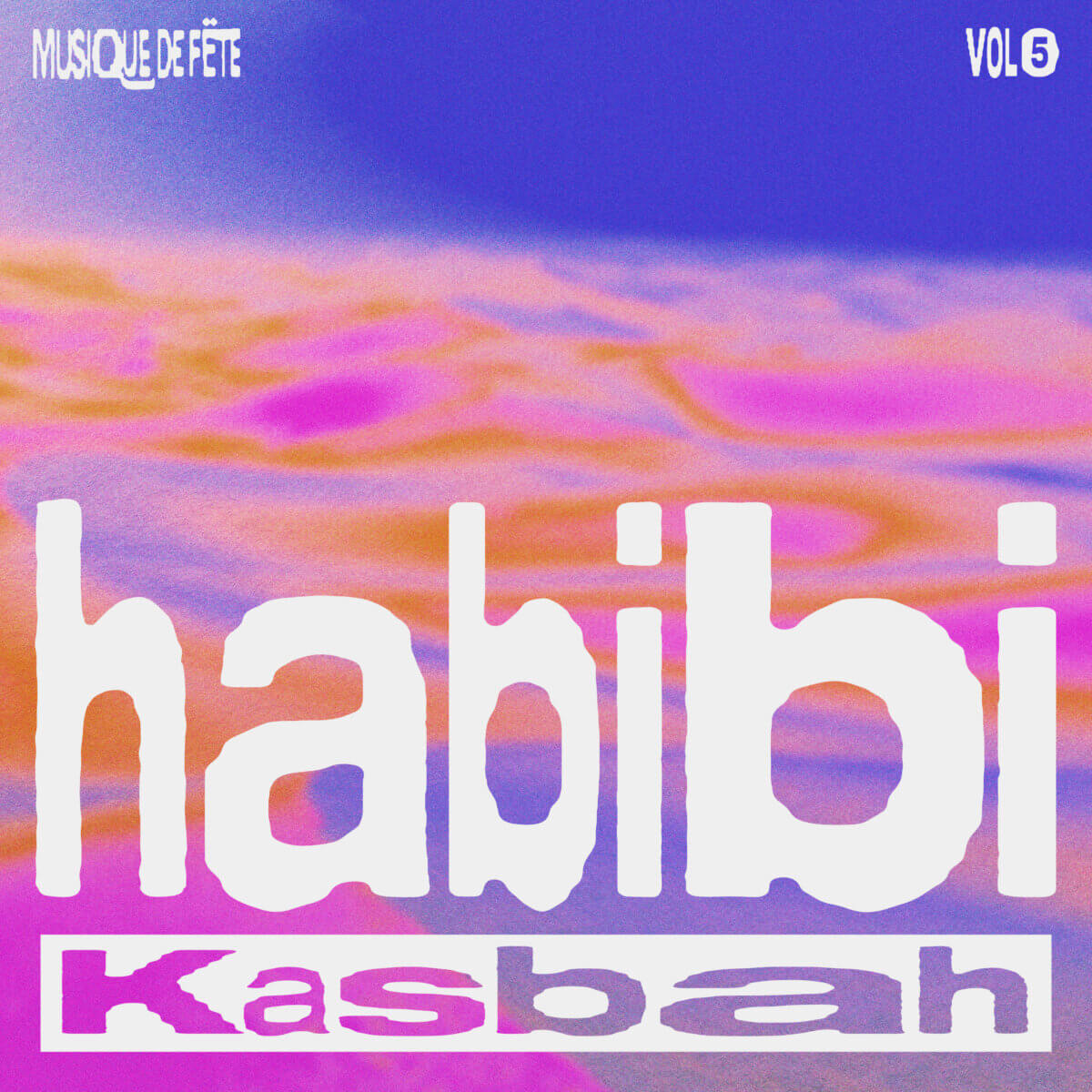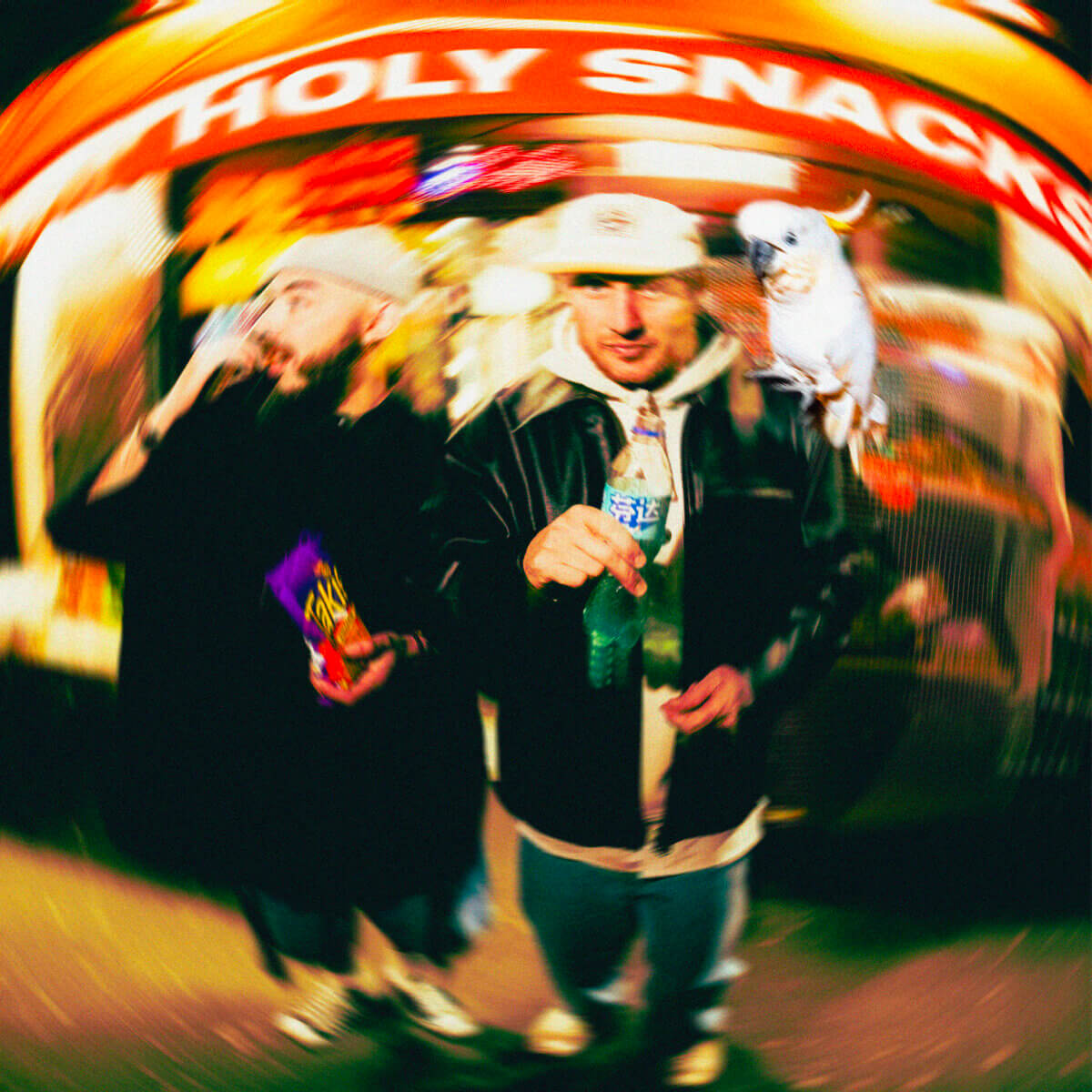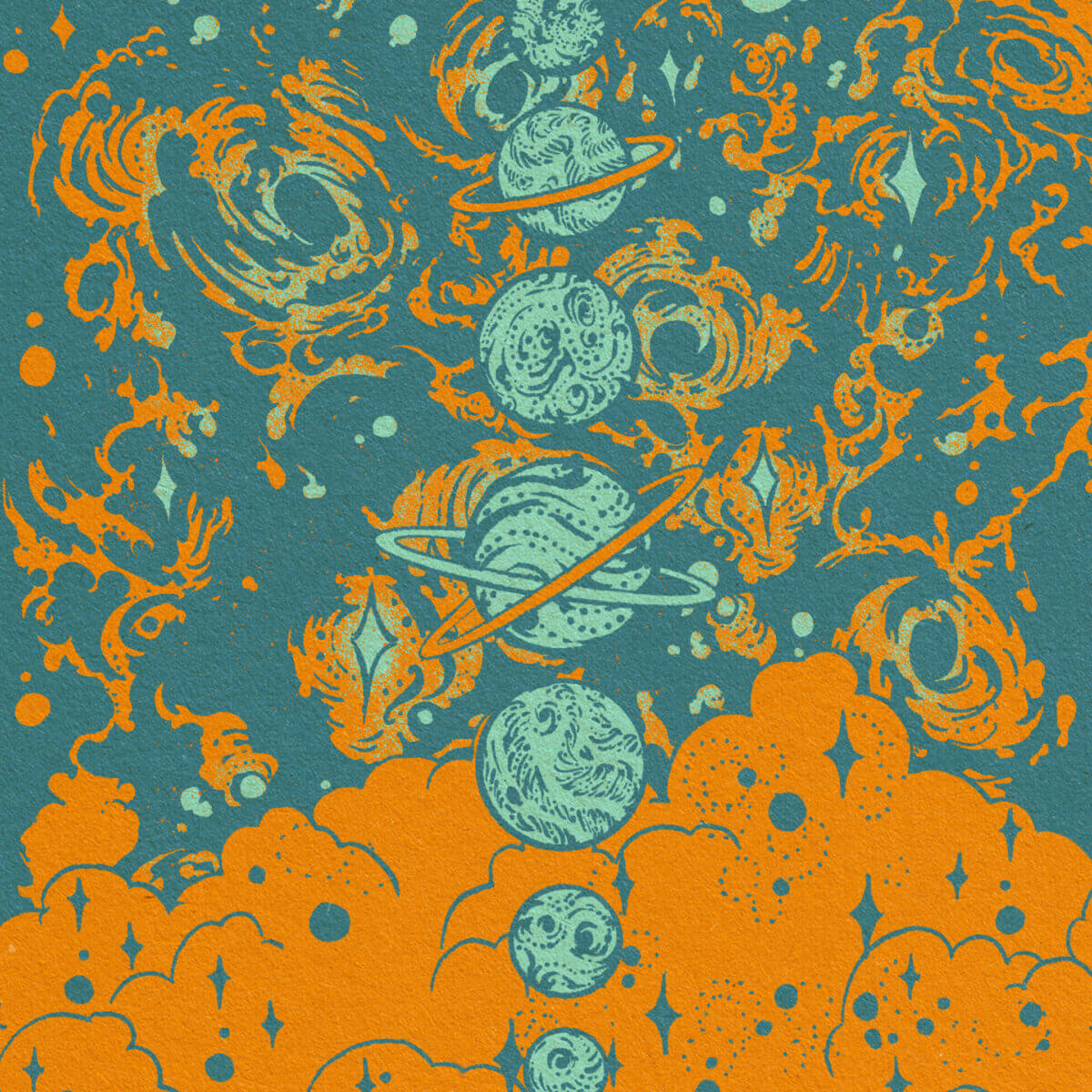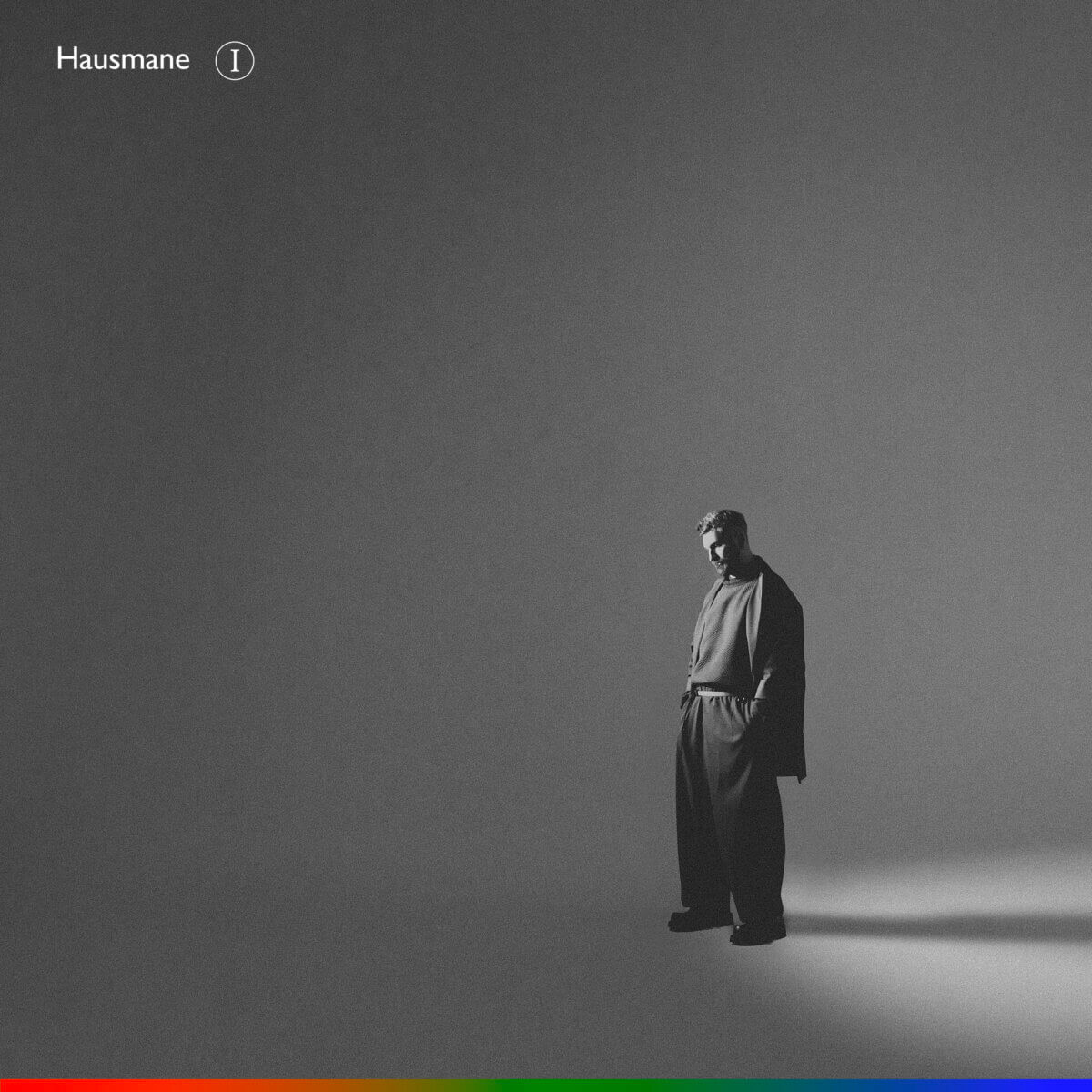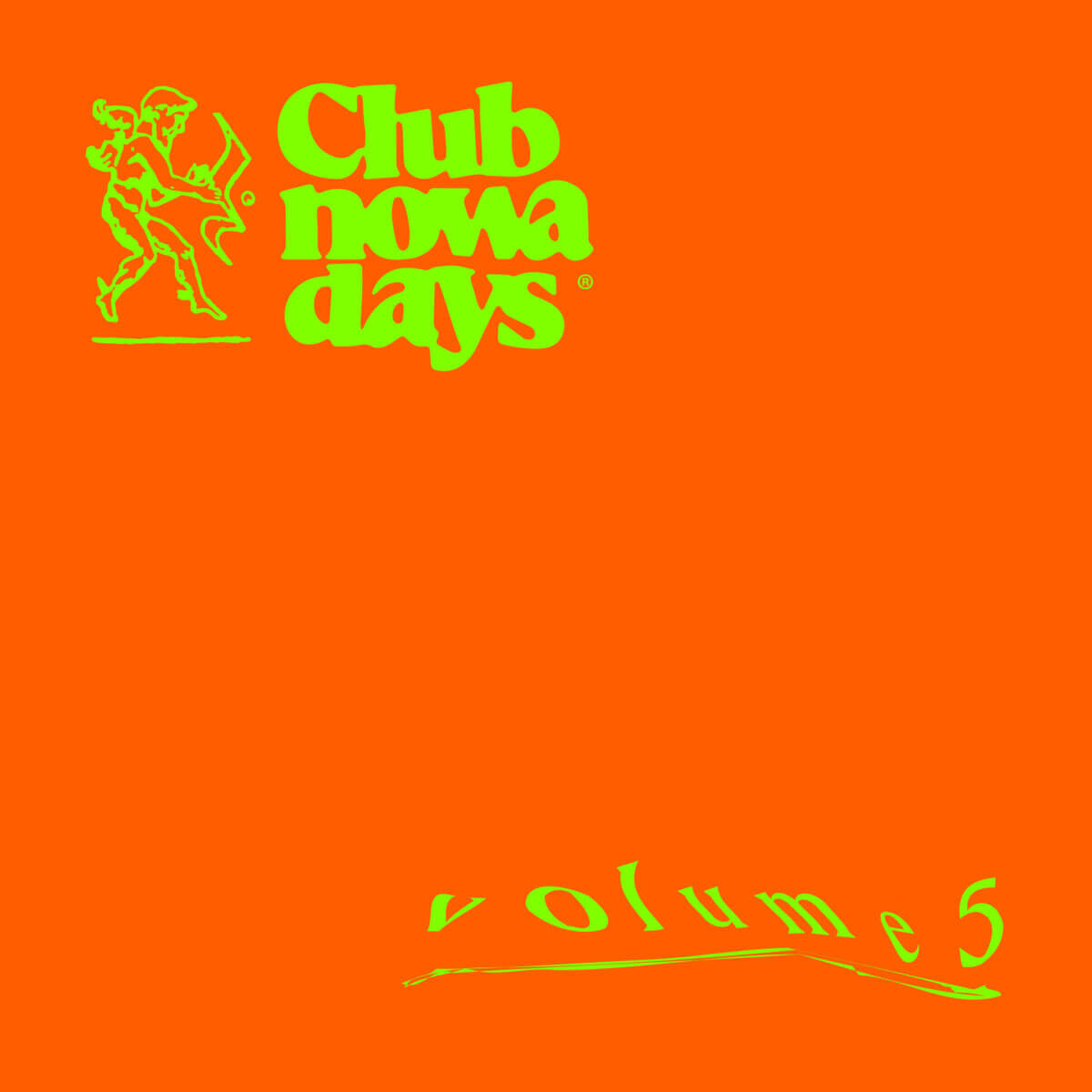
Tales & Ahlam
Welcome back to the future and the origins of dance music with Tales & Ahlam, who plays with house music and traditional songs standards to create a mix of influences resolutely leaning towards dancing, sharing and love. This is an invitation to travel from Beirut to Paris, Chicago and Oran, through the cultural prism of its artists and their desire to make you dance!
Tales & Ahlam is a new Franco-Lebanese duo created by producer and DJ Bab and singer Célinatique.
As a member of the Musique de Fëte collective (launched by Nowadays Records & KasbaH), a label manager and a DJ, Bab first made a name for himself in music production with a solo project focusing on Maghreb music. His productions are based on melodic raï or chaâbi inspirations, coupled with synthesizers and drum machines, and they offer a contemporary vision of his heritage. Like a patchwork between club and traditional music.
As for Célinatique, she has been immersed in music from an early age. Within her family traditional Arab and religious music were very much present. She inherited a unique voice drawing from the great icons of the Arab golden age. Spotted by Zeid Hamdan, she first sang in the indie-pop-electro-tarab group « Abaya Road », which covered Mediterranean songs in several languages (Arabic, Turkish, Spanish). As a multi-disciplinary and multicultural singer, she knows how to take you out of yourself.
Everything began for Tales & Ahlam when these two artists met at a mutual friend’s concert. One thing led to another, and from talking they then landed in the studio and recorded their first track together. The musical and human chemistry was so obvious that they didn’t stop there and continued recording… That is when they started realizing that this could be the beginning of something great, and of their very first EP together.
Their first EP, named « Boussa » (« kiss » in Arabic), blends the origins of dance music (chicago house, hi nrg, disco, techno) with Lebanese singing. It results in a desire for diversity (social, cultural, generational and, of course, musical) and a representation of the multiple identities that make us.











 Le Bag
Le Bag
